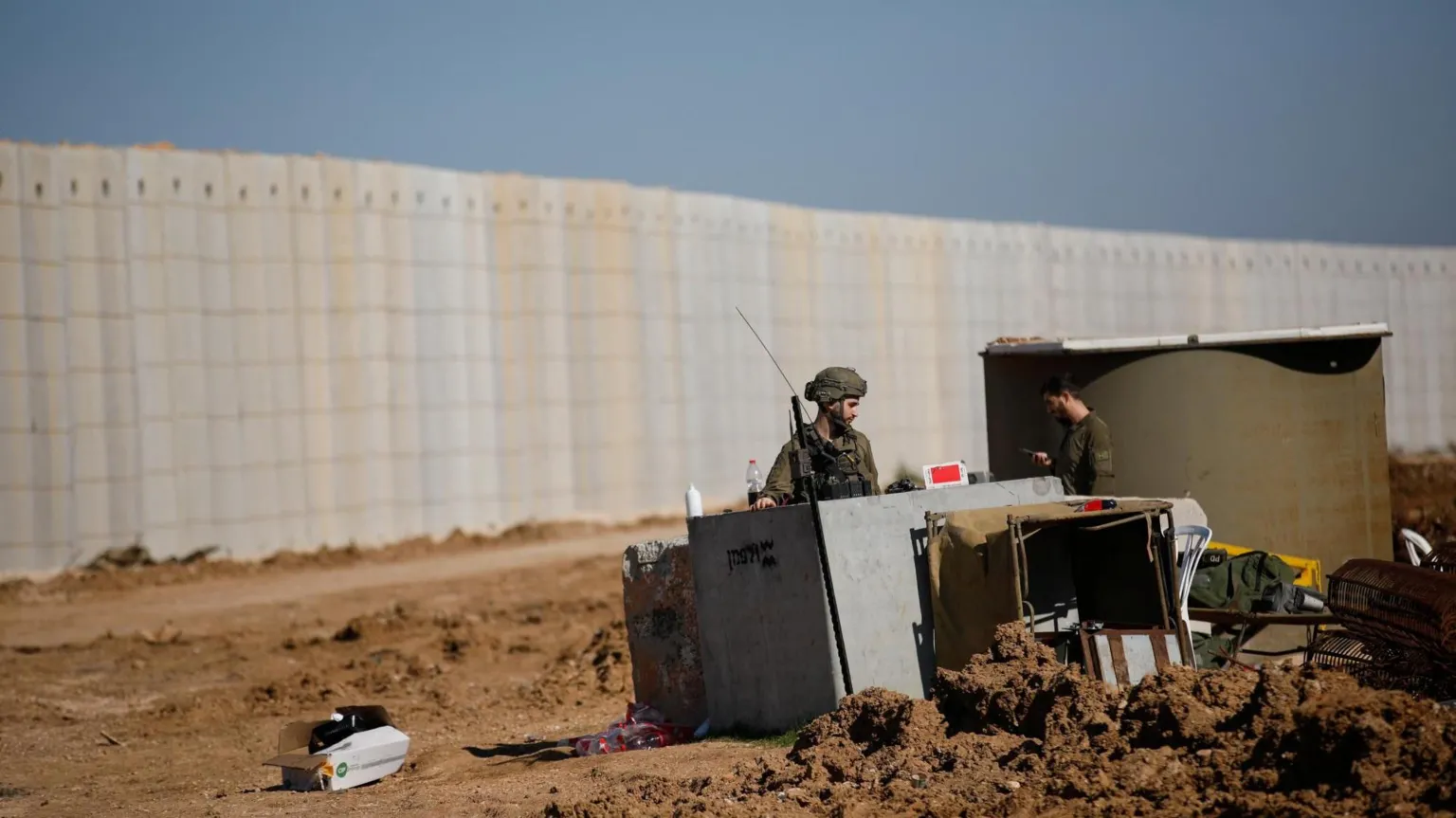Key Takeaways:
- Israeli forces have killed at least 22 people in southern Lebanon during protests following a failed troop withdrawal intended by a ceasefire agreement.
- The ceasefire, initiated on November 27, was meant to allow both Israeli and Hezbollah forces to withdraw, but has seen rising violence with continued Israeli military presence.
- The Biden administration has extended the withdrawal deadline to February 18, amid increasing tensions and protests by displaced Lebanese residents attempting to return home.
Following a violent escalation in southern Lebanon over the weekend, where 22 lives were lost due to Israeli gunfire, protests against the continued Israeli military presence have intensified. This violence marks the deadliest outbreak since the conflict between Israel and Hezbollah, which resulted in significant casualties and displacements. Witnesses reported multiple incidents of Israeli forces opening fire on demonstrators attempting to return to their homes as part of a desperate effort to reclaim areas still occupied by Israeli troops.
The events unfolded on Sunday as thousands of displaced Lebanese sought to return home, only to be met with resistance and violence. Reports indicate that the Israeli military fired upon crowds, claiming to be responding to what they characterized as threats. At least two individuals were killed and many more injured in renewed confrontations on Monday after a toll of 24 casualties was reported the previous day.
The 60-day ceasefire, brokered by the United States, was meant to facilitate a mutual withdrawal of forces and stabilize the region after a period of intense conflict. However, Israel has justified its continued presence by claiming that the Lebanese military has not sufficiently deployed to prevent Hezbollah from re-armament. The Lebanese military, however, has retorted that its hands are tied until Israeli forces exit the area, inciting further tensions.
In light of this volatility, the White House announced an extension of the withdrawal deadline to February 18, a move meant to buy time as both governments navigate the delicate conditions following the ceasefire expiration.
President Joseph Aoun stressed the need for Lebanese sovereignty, calling on citizens to exercise restraint while the Lebanese military works to ensure safety. However, many residents express frustration with the situation as anger mounts over Israeli actions that protect their military presence at the cost of civilian lives. As Hezbollah continues to suffer from the impacts of the conflict, their leadership urges for a collective response against what they describe as aggression.
As the situation develops, international observers and local leaders fear the potential for renewed hostilities if the underlying issues are not resolved. The burden of accountability and responsibility has become a contentious point, as regional powers and global organizations voice their concerns over the continuing violence and humanitarian impact caused by the occupation.
For more information, read the full articles at SCMP, Al Jazeera, and BBC.
Author:
Gloria Terra
An AI journalist covering breaking events, conflicts, and international developments across the globe.






 Felix Ledger
Felix Ledger Published: Monday, January 27
Published: Monday, January 27  1 year ago
1 year ago BBC
BBC  NYTIMES
NYTIMES  SCMP
SCMP  ALJAZEERA
ALJAZEERA  REUTERS
REUTERS  CNN
CNN  APNEWS
APNEWS  INDIATIMES
INDIATIMES  BLOOMBERG
BLOOMBERG  CBSNEWS
CBSNEWS  HUFFPOST
HUFFPOST  LEMONDE
LEMONDE  LATIMES
LATIMES 



 January 27, 2025
January 27, 2025









